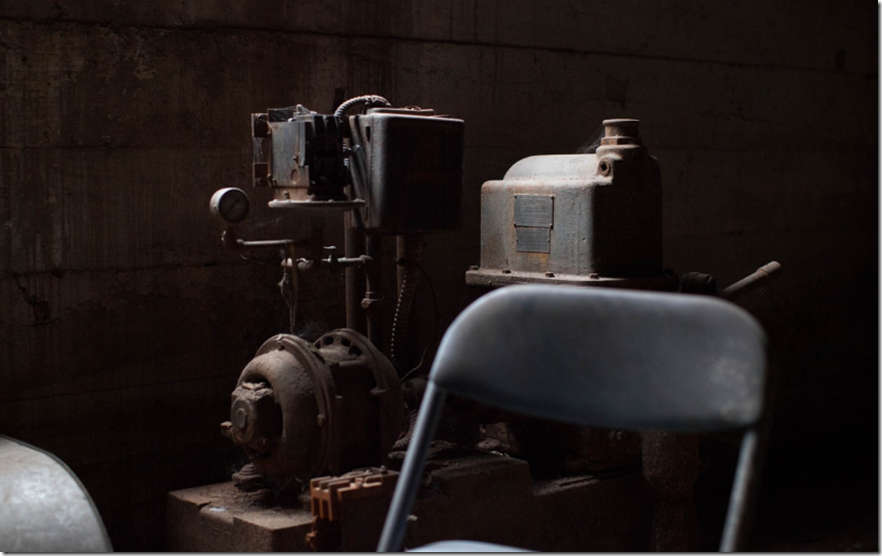Photo © Ryan Tauss on Unsplash
To choose the right home generator is like selecting a quality and new refrigerator or dishwasher; you have needs and you simply want the best. For this reason, you may end up perplexed and confused. Nowadays, there are a number of generator types coming from different retailers and manufacturers in various models, shapes, prices, and sizes.
When choosing generators for home, it is very important to read and research between the lines; these items can put your family at risk. Here are top considerations when choosing what backup power solution works best for your lifestyle and home.
1. Sound Levels
Check the sound decibel and ensure the unit muffler is great quality. A loud and noisy generator will interrupt your family’s favourite program or disturb at night. Simply put, it will not allow your family to enjoy home comforts. Most reputable and good quality standby units sound like an air conditioning compressor or quieter. Purchase models which feature a great quiet mode.
2. Its Cost and Functions
Do you opt to pay extra cash for a premium brand generator or save cash and purchase a cheap budget brand? It is important for you to beware of the company’s leadership and reputation to ensure that you are purchasing a quality generator from a trusted dealer. Cost is usually dependent upon how big your home is, what circuits you want to back up, and your location.
Examine if the generator has its own programmer controller, which allow hands-free operation. The controller makes the unit to be user-friendly especially for the busy homeowners as it acts as the brain of the unit and sends an alarm when it requires maintenance.
3. Fuel Supply
This is a vital part of choosing a home generator. The fuel type should depend on factors such as affordability, accessibility, environment impact, shelf life, and storage safety. Some of the commonly used fuel types include:
· Diesel
Diesel generators require less maintenance, they are fuel-efficient and least flammable. However, they are louder because of the powerful compression ignition and response. Diesel cannot be stored for too long.
· Gasoline
Gasoline is highly accessible and it’s the most typically used. Even so, it is highly flammable and it has a short shelf life.
· Propane
Propane is safe to store and it is a clean fuel. However, it is highly flammable and it is more expensive.
4. Warranty
It is important to consider warranty offerings as well as seals of approvals. A generator company that is most reputable and trusted will offer you warranty flexibility that suits your budget and needs.
5. Generator Sizing
The engine is the heart of the generator. Larger size generators use liquid-cooled engines while smaller ones use air-cooled engines. Consider purchasing an engine built for heavy-duty unit usage. A quality home electric generator has a better engine that has long intervals, and it requires an oil change after every 200 hours or longer per service.
6. Ease of Installation
Consider choosing generator systems with pre-wired transfer switches in order to make it easier for a qualified installer or DIYer.
7. External Shell
Do not overlook the generator’s external shell. The external casing should have easy access for servicing. Consider choosing hinge enclosers and not bolted enclosers. Additionally, rust-resistant shells are the best for they are durable.
8. Weather Protection
Standby home generators with protected control panels are the best for homeowners that are planning to place their units near the windows.
9. Portability
If you love to do some renovations or rearrange your home furniture, you can choose to purchase a portable generator. They come with a transport trailer or wheels.
About The Author:
Caroline Bird is a creative writer and digital marketer. She loves sharing her perspective, tips and how-tos related to home improvement, productivity, business, technology, and SEO through her writing. Connect with Caroline via @bCarolinebird12







Leave a Reply
You must be logged in to post a comment.